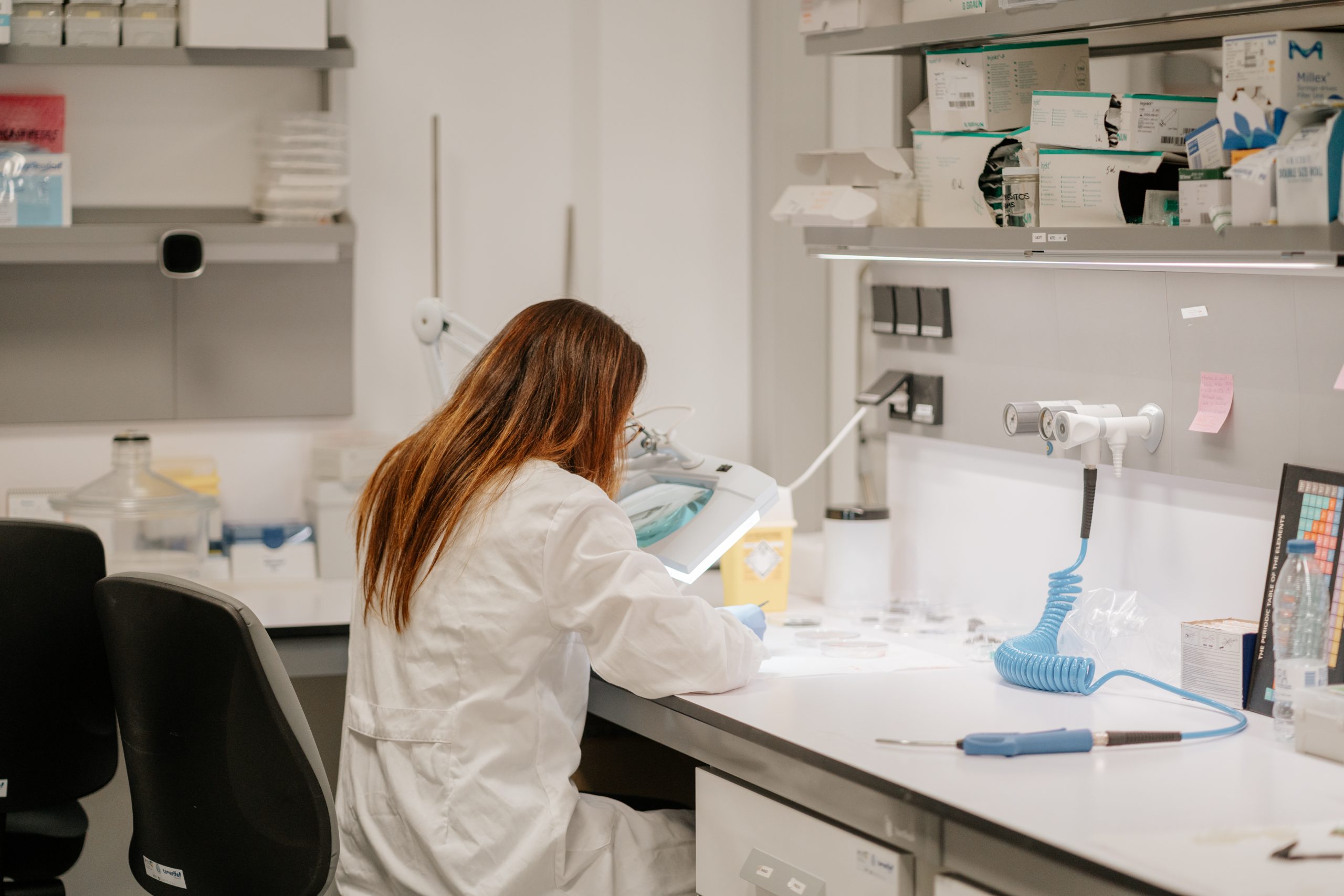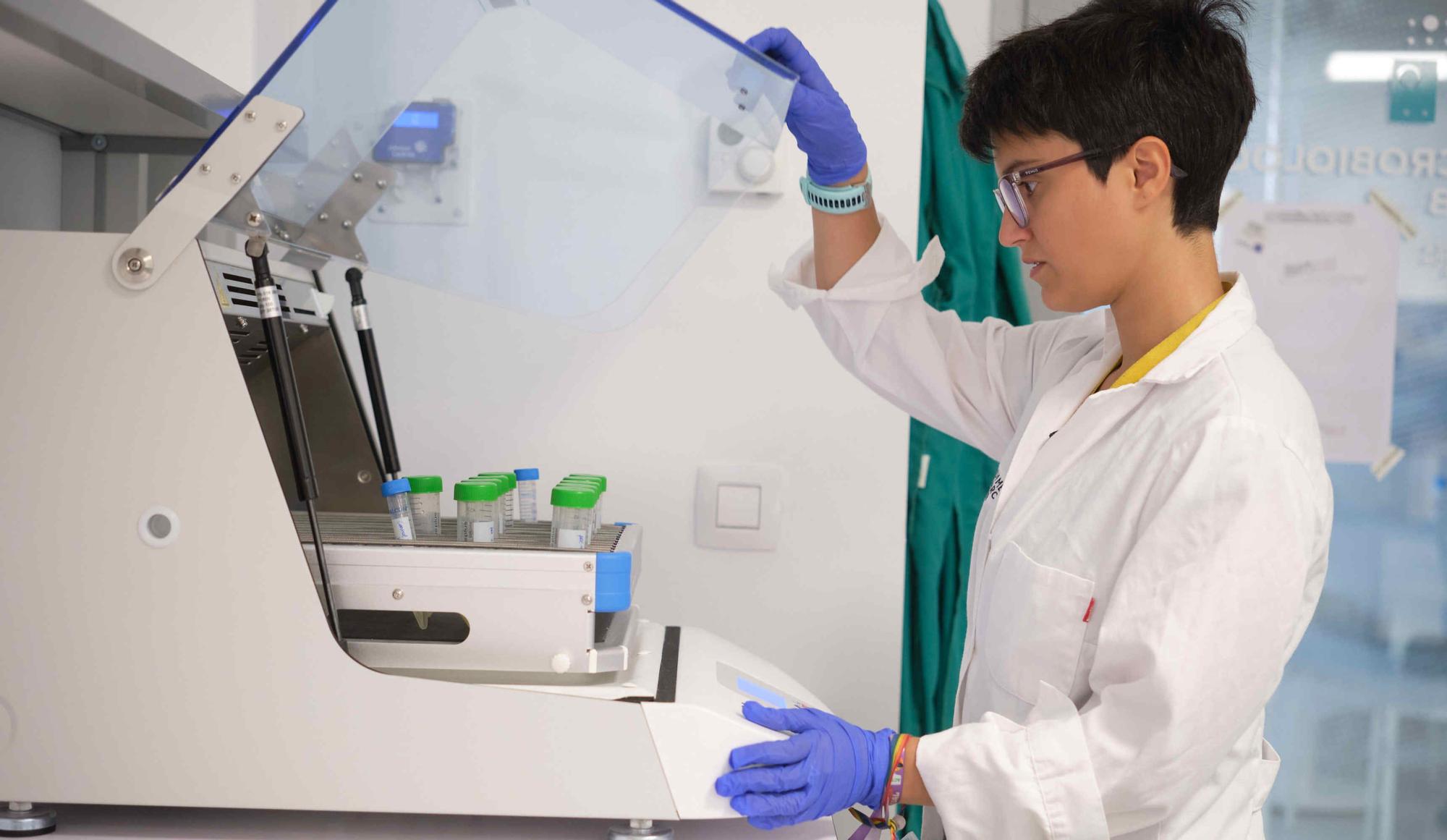Amyotrophic Lateral Sclerosis (ALS) is a relentless neurodegenerative disease that progressively robs individuals of their ability to move, speak, and eventually breathe. Despite decades of research, there is still no cure, and current treatments offer only limited relief. One of the key challenges in developing effective therapies lies in understanding and addressing the complex mechanisms driving motor neuron degeneration. Historically, drug development for ALS has been hindered by the disease’s heterogeneity, the difficulty of translating preclinical successes into human trials, and the lack of biomarkers to track disease progression.
Recent advances in molecular biology have shed light on one of the most critical pathological features of ALS: the abnormal accumulation of the TDP-43 protein in motor neurons. This misregulation disrupts cellular homeostasis and accelerates neuronal loss. Targeting TDP-43 dysfunction has become a promising avenue for therapeutic intervention – one that Molefy Pharma is actively pursuing.
At Molefy Pharma, we are committed to pioneering new treatments for ALS. Our work focuses on AP-2, a small molecule designed to restore cellular balance by regulating a key kinase involved in TDP-43 homeostasis. The abnormal accumulation of TDP-43 in motor neurons is a major driver of neurodegeneration in ALS. By targeting this process, AP-2 has shown potential to not only alleviate symptoms but also reverse cellular dysfunction.
Our approach is backed by compelling data from both patient-derived cellular models and animal studies. AP-2 has demonstrated efficacy and a promising pharmacological safety profile in both rodent and non-rodent models. Building on these findings, Molefy Pharma is scaling up AP-2 production to a semi-industrial level and optimizing its oral administration for maximum therapeutic impact.

Our lead optimization strategy enhances AP-2’s chemical accessibility while minimizing off-target effects, ensuring a more effective and safer treatment candidate.
Molefy Pharma is at the forefront of ALS research, translating cutting-edge science into real therapeutic solutions.
At Molefy, our commitment to advancing treatments for ALS and neurodegenerative diseases is reflected in the rigorous development of our therapeutic candidates. Our research follows a structured, phased approach, ensuring that each stage meets the highest scientific and regulatory standards. Below is an overview of our current projects and ongoing progress.

This candidate is in the final stages of the preclinical phase, preparing for the transition to Phase I clinical trials at the beginning of 2026. We expect to initiate these trials with healthy volunteers and with a small group of patients in the last quarter of the year. Concurrently, we are completing the necessary regulatory documentation to apply for Orphan Drug Designation (ODD), which would streamline approval processes and facilitate funding for clinical trials. Additionally, we are assembling the Investigational Medicinal Product Dossier (IMPD), a key regulatory requirement for initiating human trials.
In parallel, we are preparing for the preclinical studies required for Phase II, which involve long-term testing in animal models, specifically rats and minipigs. This process, expected to take approximately one year, is critical to ensuring the readiness of Phase II clinical trials with ALS patients in 2027. As part of this effort, we are also planning the large-scale production of 20 kg of AP2 under Good Manufacturing Practice (GMP) conditions to ensure compliance with pharmaceutical-grade standards.
New therapies for frontotemporal dementia
Molefy Pharma is developing a preclinical project that explores a new therapeutic approach to treat frontotemporal dementia (FTD), a neurodegenerative disease with no cure that severely affects behaviour, language and memory. The scientific team has developed a family of compounds capable of inhibiting the TTBK1 enzyme, which plays a key role in the alteration of the TDP-43 protein, whose abnormal accumulation is implicated in several types of dementia. One of these compounds, AP-3, has demonstrated significant memory improvement, neuron preservation and good safety tolerance in animal models.
Key findings
Next steps
Thanks to these results, AP-3 is emerging as a promising clinical candidate for the treatment of frontotemporal dementia and potentially other TDP-43-related diseases, such as ALS. The team is now preparing to move forward with regulatory studies and human trials.
Project funded by the Alzheimer’s Drug Discovery Foundation.
Molefy is actively contributing to the scientific community through peer-reviewed publications that share insights from our research.